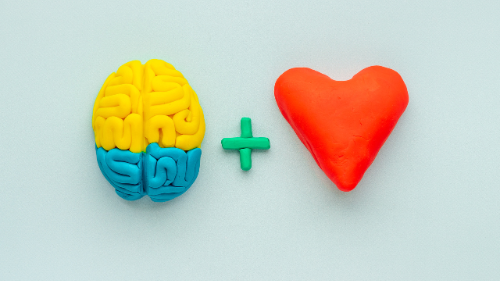The Brain as an Emotion Addict: How to Manage Emotions to Transform Habits
The Brain
as an Emotion Addict: How to Manage Emotions to Transform Habits
Our brain
is an emotion machine and can become "addicted" to certain
sensations, even when they are not positive. Each emotion we experience
activates specific neural connections, creating patterns that, over time,
reinforce and become emotional habits.
Why Does
the Brain Get "Hooked" on Emotions?
The brain
functions similarly to learning. Every time we feel an intense emotion, whether
joy, sadness, anger, or fear, chemicals like dopamine or cortisol are released,
producing physical and emotional sensations in the body. If an emotion is
experienced repeatedly, the brain starts to see this pattern as familiar, even
"safe." This emotional circuit makes us feel the need to relive
certain emotions, and in many cases, the brain becomes more accustomed to
negative emotions, such as anger or sadness, than to positive ones. This
"addiction" creates a cycle that, unconsciously, reinforces our
emotional habits.
The
Impact of This Addiction on Life Habits
This
leads us to act automatically. For example, if the brain has become accustomed
to emotions of frustration or sadness, it is common to seek situations that
trigger those same feelings, even without realizing it. Thus, we can perpetuate
avoidance behaviors, self-sabotage, or procrastination, affecting our
well-being and making it difficult to change habits. This creates a vicious
cycle where negative emotions are recycled, making it difficult to develop a
positive mindset and establish healthier habits.
How to
Break the Emotional Cycle and Transform Habits
Breaking
this cycle requires mindfulness and emotional self-regulation techniques. We
can start by recognizing our emotions and associated thoughts without judging
them. Practicing mindfulness helps us observe these patterns from an objective
perspective. Visualizing positive goals and developing an attitude of gratitude
also help detach from negative emotions and create new circuits of emotional
rewards. Finally, breathing exercises and physical activities help regulate the
emotional state and reinforce new patterns.
Emotional
change is a gradual process. Learning to manage emotions will allow us to
reprogram the brain and gradually cultivate a more balanced mind open to
change.
RewPaz



